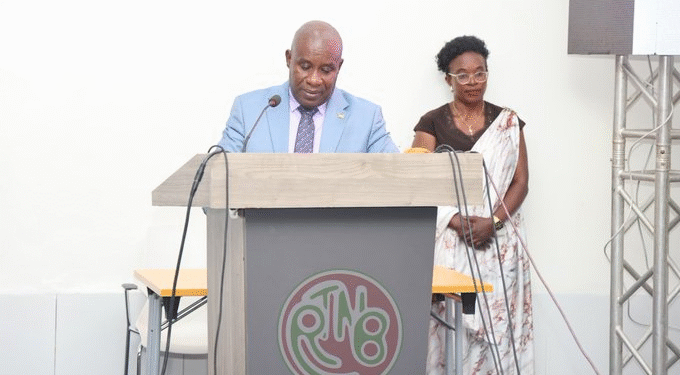Burundi’s ruling party, the CNDD-FDD, has claimed a sweeping victory in last week’s parliamentary elections, winning all 100 seats in the National Assembly, according to the country’s electoral commission.

Speaking during a televised announcement on Wednesday, Election Commission Chief Prosper Ntahorwamiye said the CNDD-FDD secured 96.51 percent of the vote nationwide. He added that no other party crossed the constitutional threshold of 2 percent required to earn a seat in parliament.
“As none of the other parties reached the required threshold, all 100 seats go to the CNDD-FDD,” Ntahorwamiye said. Final results are expected to be ratified by the Constitutional Council on June 20.

However, the result has drawn sharp criticism from opposition figures and independent observers, who allege widespread electoral fraud and voter intimidation.
The National Congress for Liberty (CNL), Burundi’s main opposition party, was barred from participating in the poll. Its members accused authorities of orchestrating multiple voting, restricting access to polling stations, and arbitrarily detaining election observers.
Anicet Niyonkuru, leader of the smaller opposition party Council of Patriots, condemned the process, telling AFP: “Voters put pre-filled ballots into the boxes. It was a major fraud seen everywhere.”
Olivier Nkurunziza, head of the Uprona opposition party, which earned just 1.38 percent of the vote, called the elections “rigged.” He alleged that in some districts, the CNDD-FDD claimed 100 percent of votes with no signs of abstentions, invalid ballots, or absentees, despite Uprona having candidates in those areas.
“We have killed democracy,” Nkurunziza told reporters, while anonymous voters and journalists also reported irregularities but declined to be named for fear of retaliation.

President Évariste Ndayishimiye, who assumed power in 2020 following the death of long-time strongman Pierre Nkurunziza, leads the CNDD-FDD. Though he initially made gestures toward openness, human rights organizations and the UN have continued to accuse his administration of maintaining authoritarian control and stifling dissent.
Critics say the ruling party systematically undermined the CNL, which had emerged as the main opposition force in the 2020 elections. In 2023, the government suspended the party, citing organizational irregularities. Its former leader, Agathon Rwasa—a former Hutu rebel—was replaced by Nestor Girukwishaka, reportedly aligned with the ruling establishment.
Burundi remains one of the poorest countries in the world. According to the World Bank’s 2023 report, it ranks lowest globally in GDP per capita, with about 75 percent of its population living in poverty. The country also grapples with surging inflation—over 40 percent monthly—and persistent shortages, including a petrol crisis now in its third year.
A Burundian political analyst, speaking anonymously, said the country is “in a deep socio-economic crisis,” adding that growing public frustration may further destabilize the already fragile political climate.









